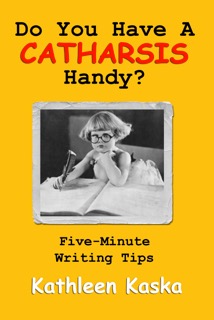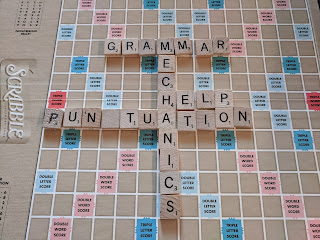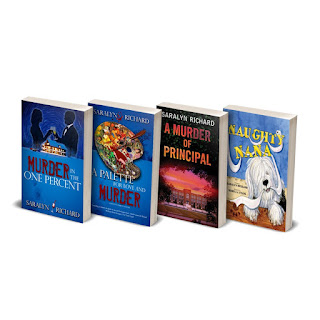Do You Have What It Takes to be a Cheese Whiz? Archaic Words
Thanks to Google, I stumble upon many of my Writing
Tips topics by accident. Here are some archaic (did they
ever really exist?) but entertaining words and phrases
that I discovered while I was researching other topics,
along with some neologisms of my own:
With Squirrel: If you were a woman who lived in the
Ozarks many moons ago and you found yourself “with
squirrel,” then you were expecting a child. (Vance
Randolph’s Down in the Holler: A Gallery of Ozark Folk
Speech, 1953). I would call such a woman Squirrely.
Lunting: I suspect that Sherlock Holmes was into
lunting—i.e., walking while smoking a pipe. (John
Mactaggart’s Scottish Gallovidian Encyclopedia, 1824). I would call people who do this lunters.
The following are from The Word Museum: The Most
Remarkable English Words Ever Forgotten, by Jeffrey
Kacirk:
Spermologer: It doesn’t mean what you think. A
spermologer is a columnist! Three of my favorites are
Father Ron Rolheiser; Austin native, John Kelso; and
funny-lady, Lisa Scottoline. In my world I’d refer to them as wittyosophers.
Queerplungers: An English term for a scam in which an
individual jumped into water, was “rescued” by
accomplices, and was subsequently taken in by rehab
houses that cared for people who tried to commit suicide.
In the benevolent society of the time, the rescuers were
rewarded with a guinea each, while the person who
“attempted suicide” was sent away with a monetary
donation to make his life less depressing. Maybe a better word for these folks would be Scam Dunkers.
Finally, my favorite:
Tyromancy: If you can’t find a crystal ball, use cheese!
One of my Cave Art Press colleagues thought tyromancy
sounds like “a Jurassic love story.” In fact, it is the act of
predicting birth, love, and death by reading the
appearance of a piece of cheese. It is also the act of using
cheese to answer questions: the most obvious answers to
a question are written on pieces of cheese (one answer
per piece). The pieces of cheese are fed to a rat.
Whichever piece is eaten first is the answer to the
question.
I suspect a person who engaged in this method of
prediction and became notable would have been called a
tyromaniac. I would call him a cheez-whiz.
This is my last post as a member of the Stiletto Gang, but I will stay in touch and follow you wonderfully, creative authors.
Best always,
Kathleen
Kathleen is a Texas gal. Except for an eighteen-month hiatus
living in New York City after college, she continuously lived in the Lone Star
State for fifty years. Since then, Texas has been hit and miss—a little hit,
but a hell of a lot of miss. There was a time when she thought she would
happily die in Austin, Texas. But circumstances
and weather—especially weather—changed that. Now she spends most of the year on
Fidalgo Island in Washington State with a view of the bay and the mountains.
When she gets homesick, she and her husband plug in the iPhone to Willie—as in
Nelson. Soon they are dancing the two-step, imagining they are at our favorite
honky-tonk in Tokio, Texas, where the mayor is believed to be a dog. Who
wouldn’t miss that?
Kathleen writes mysteries. She blogs about writing,
publishing, marketing, animal rights, birding, and quirky things that come to
mind. Go to her website: Kathleen Kaska and check out her latest blog series, “Growing Up Catholic in a Small Texas Town.”






